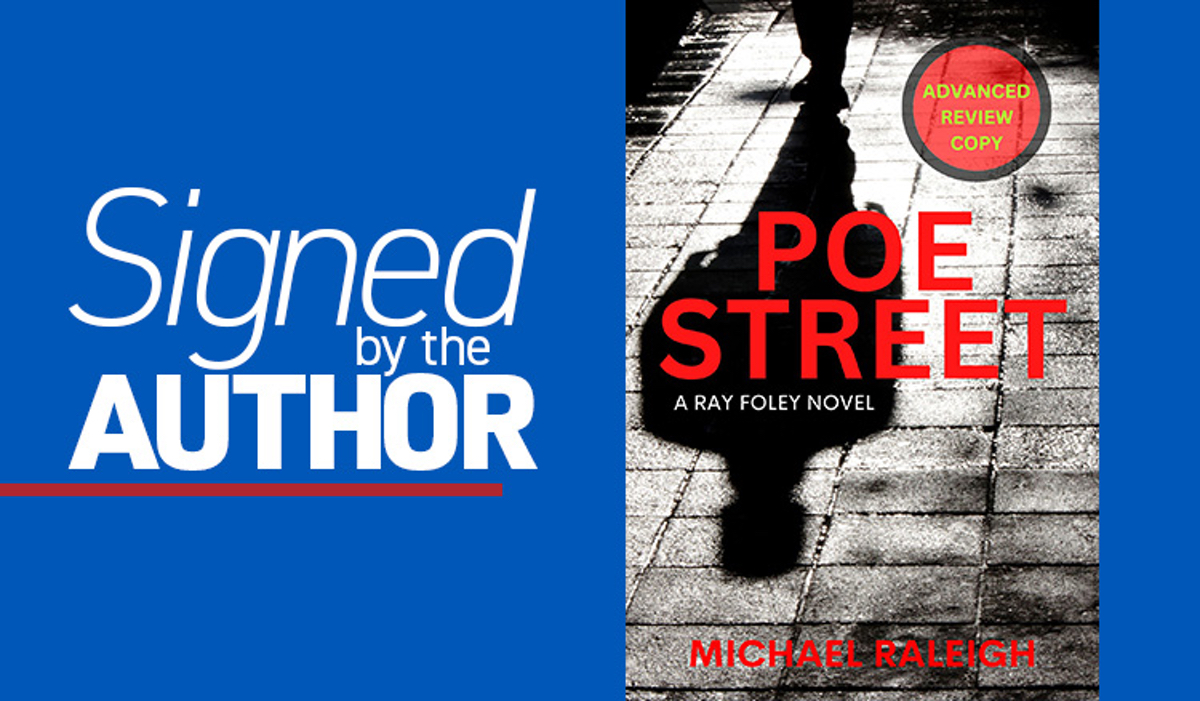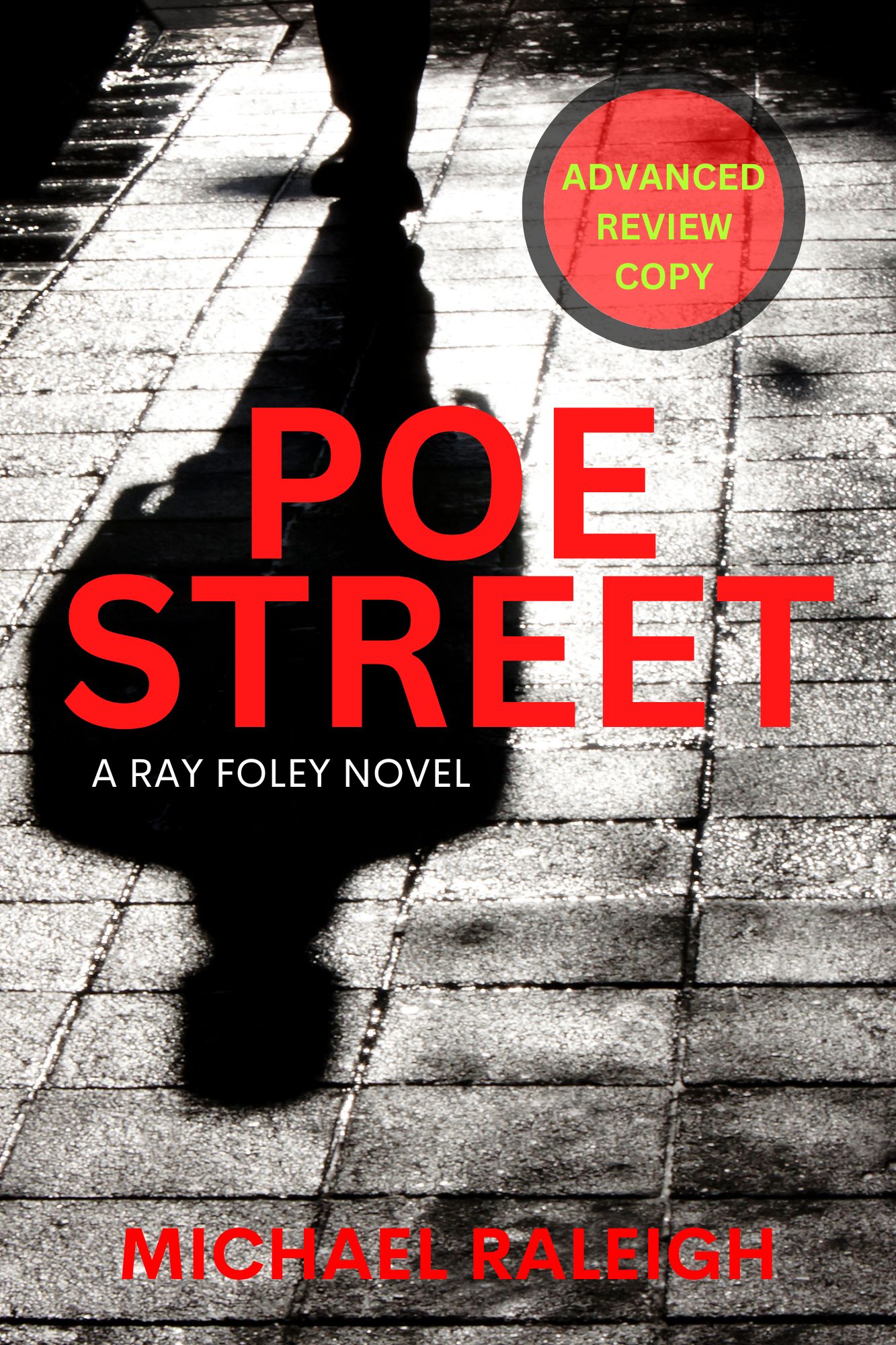 (DePaul University/Jeff Carrion)
(DePaul University/Jeff Carrion)
Poe Street
By: Michael Raleigh, Department of Writing, Rhetoric, and Discourse
In 1946 Chicago, a millionaire is murdered in what seems a burglary gone wrong. Then the burglars are all soon found murdered. Ray Foley, just back from service in World War II, is caught up in the aftermath, for one of the burglars was a boyhood friend. His attempts to learn who killed his friend brings him into contact with a slick private detective, a young nurse scarred by her wartime experience, a sardonic old Mafia don and an aging but clever cop.
Who or what inspired you to write this book?

I am in love with Chicago's past. I once taught Chicago history for a number of years, and for a time in the early 20th century, both sides of my family were scrambling to make it in spite of the depression and the war.
Poe Street, by the way, is four blocks or so from the Arts and Letters Building where I teach. It's only a block and a half long.
What's the most surprising thing you learned while writing this book?
World War II was very slow in coming to an end. There were still shortages — for instance, no one had a genuine new car because their manufacture stopped in 1942 as part of the war effort.
Also, the Chicago Tribune was fond of implying that Franklin D. Roosevelt (Godless socialist, as they characterized him) had manipulated American participation in the war for his own purposes, and the New Deal was merely communism in nicer clothes.
Persuade someone to read your book in less than 50 words
A Gatsbyesque millionaire with a complicated back story. Greed and murder. Chicago when it smelled of coal smoke and lumber. Action. Mystery. A tough young protagonist. A tougher young nurse. Romance amid the violence of Chicago in 1946.
About the author:
Michael Raleigh has taught writing for more than 50 years, including the last 16 as an adjunct faculty member for DePaul's Department of Writing, Rhetoric, and Discourse and in the Honors Program.
Publisher and publication date:
Level Best Books, March 2023
Signed by the Author allows DePaul faculty and staff to introduce their recently published or upcoming book or chapter to the university community. To submit your book or chapter for consideration, contact Newsline. See more books published by faculty and staff in the
Signed by the Author column.